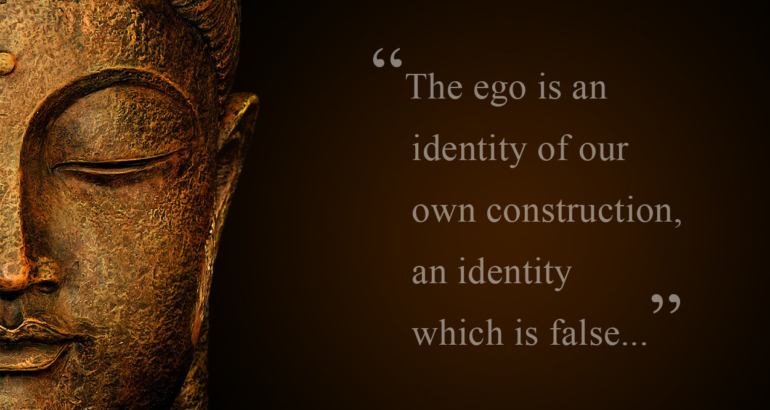by Dianne M. Kipp
Helping Self And Others Prepare
So far as we know, no one has managed to avoid death, and yet most of us avoid thinking, talking or planning for it our entire lives. Even more pronounced than our avoidance of “money consciousness”, is our inability to face the reality “we are going to die”. In fact, all of us are dying moment by moment from the instant we are born.
I recently spent a weekend retreat with Pema Chodron at Omega Institute, in her 81st year of life. She was in retreat all year her 80th year, and contemplated death – her own and that of others. She shared her learnings and contemplations, as well as the teachings and wisdom of many scholars on the subject.
The weekend with Ani Pema allowed me to contemplate my own “end of life” and the importance of sharing these teachings with others . As a nurse, friend and daughter, I’ve experienced families who have prepared, and families who have not prepared. Perhaps this brief article will help all those who may be in need now, and those interested in preparing for their own end of life, or the end of their loved ones in advance of the event.
Our Legal Preparation
As in life, preparation for death is everything. Each of us should have a detailed plan of what we want to occur before, during and after our passing. This includes the following documents and legal agreements, which once created should be shared with all family members and/or significant others. Having a candid conversation with family members, friends or persons responsible to carry out your desires, regarding the content of these documents will make it easier and less burdensome at the time of your death, for all involved. And…give you peace of mind that things are “in order” when the time arrives.
A. Written Living Will and Testament (to include exact funeral arrangements, etc.)
B. Power Attorney – Health Care Advocate
c. Power of Attorney – Financial
d. Written description of your desired spiritual ceremony, if different than traditional “funeral” ceremony.
Our Emotional/Psychological Preparation
– Our task in this life is to begin “learning” how to prepare for death. The first step in learning how to prepare, is learning “who we are”. Practicing meditation provides time to discover our authentic nature, become familiar with our fears and shortcomings, and to learn how accept all aspects of ourselves. It allows us to discover and connect with our “basic human goodness” and teaches us how to live from our goodness consciously.
– We must become comfortable with the idea of death. Learn how to see it as part of life, and be willing to consider what you want to accomplish before death arrives. Perhaps thinking about how you wish to be remembered or what you want your eulogy to entail. If you have not yet “finished” your bucket list or dream list, now is a good time to start or complete it.
– Settle unfinished business. If there are certain people with whom you wish to make amends, find a way to do just that. Send a card or a note offering peace or forgiveness. Whether you believe in Karma or not, clearing the slate now will ease any stress or anxiety caused by the thought of unfinished business at the moment of this life’s end.
– Because we have no one to question as to what death is like, and what will happen to us during and after death, we can best prepare by spending time getting to know ourselves – really know ourselves, through introspection and meditation. Taking time to know and accept our “habits” gives us insight about what the unfinished business might entail. Befriending our fears and shortcomings now, can reduce the magnitude of these “thoughts” and frees us from angst during our end of life experience.
If you have interest to read more about Karma, meditation and how to work with it, please refer to the following texts.
1. The Tibetan Book of Living and Dying – Sogyal Rinpoche
2. Preparing to Die: Practical Advice and Spiritual Wisdom from the Tibetan Buddhist Tradition – Andrew Holecek
3. Start Where You Are – Pema Chodron
4. Death: The Final Stages of Growth – Elisabeth Kubler-Ross
Helping Others
If we are blessed to be with someone during their time of illness or time of eminent passing, we can comfort them in many ways.
-First, we can take responsibility to be the “guardian” of their wishes and abide by what they desire. -Second, do your best to keep the environment quiet. -We can reassure them of their peaceful passing, and allow them to communicate what ever might be on their minds. It is not a time for us to debate their thinking or their requests, but a time to assure them of our presence and acceptance of them as our friend or loved one. -We can help them by acknowledging death is coming and that it is ok for them to “let go”. Giving them permission can assure them that “all is well”.
-We can also keep chaos and emotional outbursts to a minimum, which allows them to feel at ease and at peace. We may need to help others understand the need for peace and quiet. Helping others understand may enable others to contain those emotions or find another place to express their grief.
-If the dying person is of faith, reading from their Bible or other spiritual reference can be of great support and comfort. Saying favorite prayers and “laying on of hands” can be soothing and a comfort as well.
-If the dying person is in a comma, you can continue to talk softly to them, say prayers for them and assure them you are there.
-Even after the person’s body has stopped functioning and death is present, the soul or spirit is still able to “hear” your soothing words. Saying prayers or sending love in the days past their transition are also of comfort to the ‘soul’.
– In the event you cannot be present physically for a friend or relative during or after their time of transition or illness, you can take comfort knowing the thoughts and prayers you send them from afar will be of benefit. Offering your prayers and words of comfort, sending your love and thoughts of peace are very important.
Conclusion
The Tibetan teachers are very clear: “death comes without warning” – it is a universal truth. So why not begin now to plan and prepare for end of life, making the transition for ourselves and our loved ones perhaps a bit easier. We know we “can’t take our money, our possessions, or our loved ones with us” but what we will take with us is our “condition” of mind. Begin now to design how you will experience death, by how you prepare your mind and live your life now.
Best rule of thumb: Live in the moment, learn to truly relax, don’t take life too seriously, and always have a sense of humor. If well prepared, you can relax in death as in life, and not take death too seriously either.
If you have questions or would like support across these difficult situations, please do not hesitate to contact me.



